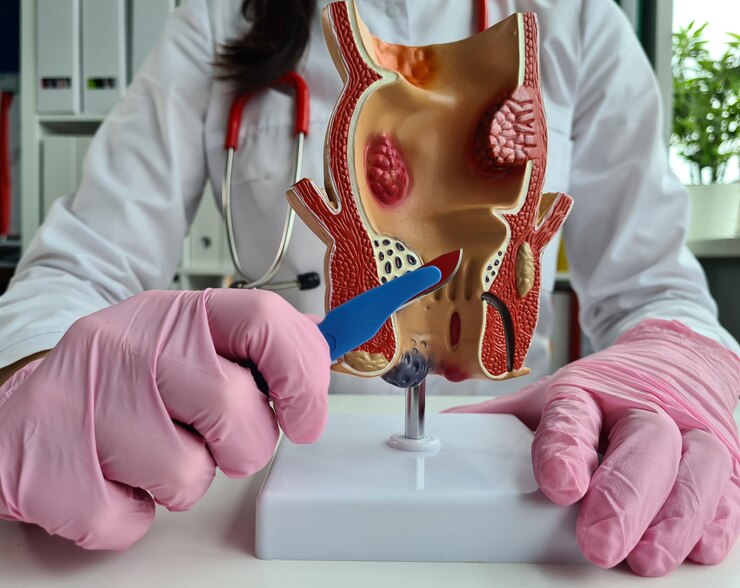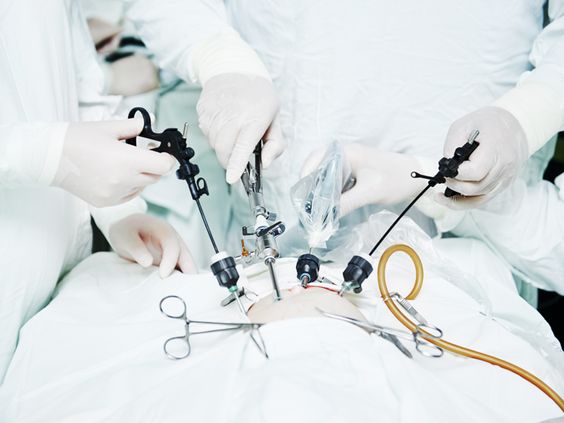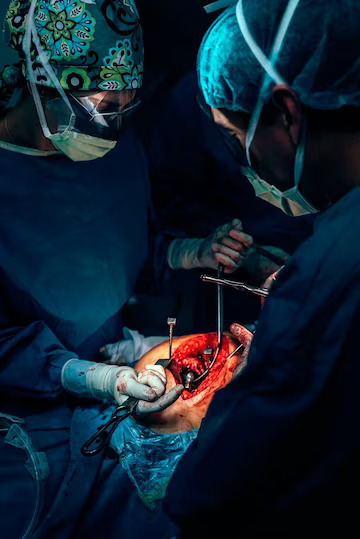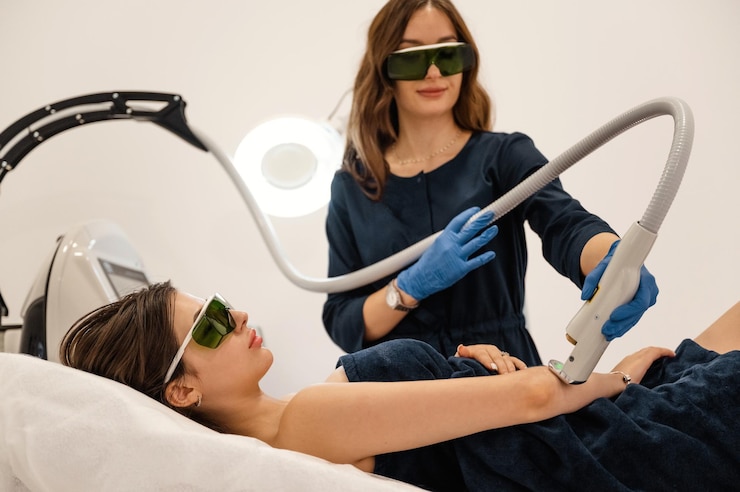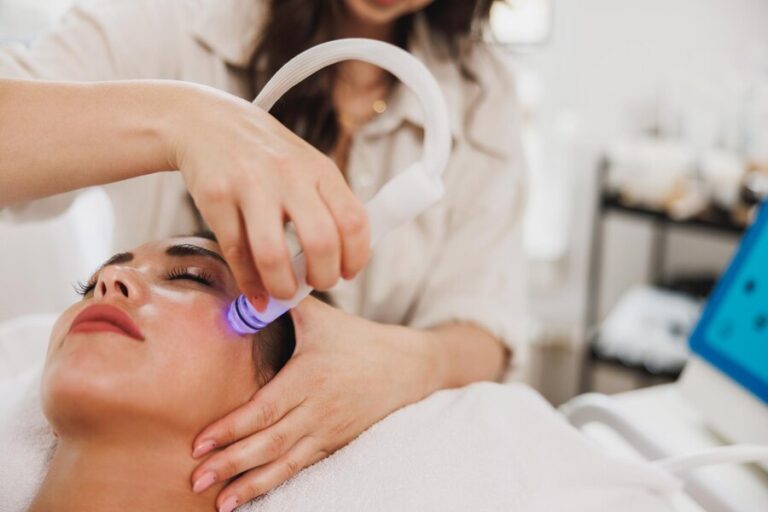Laser Procedures: Innovations in Medical and Aesthetic Treatments.
Laser technology has revolutionized the field of medical and aesthetic procedures, offering precise and effective solutions for a wide range of conditions and concerns. From dermatology to ophthalmology, and even dentistry, lasers have become indispensable tools in the hands of skilled practitioners. Let’s delve into the diverse applications and advancements of laser procedures, showcasing their transformative impact on modern healthcare.
To Know More About It Please Click Here
Understanding Laser Technology
Laser stands for “Light Amplification by Stimulated Emission of Radiation.” In medical settings, lasers emit focused beams of light that can target specific tissues or structures with remarkable precision. The wavelength and intensity of laser light can be adjusted to achieve different therapeutic or cosmetic effects, making laser procedures highly versatile and adaptable to various medical needs.
Dermatology and Skin Rejuvenation
One of the most well-known applications of lasers is in dermatology, where they are used for skin rejuvenation and the treatment of various skin conditions. Laser skin resurfacing can address wrinkles, scars, and pigmentation issues by stimulating collagen production and promoting skin renewal. Lasers are also effective in treating vascular lesions like spider veins and birthmarks, as well as removing unwanted hair through laser hair removal treatments.
Ophthalmology: Vision Correction
Laser technology has transformed vision correction procedures, offering alternatives to traditional eyeglasses and contact lenses. LASIK (Laser-Assisted In Situ Keratomileusis) is a popular laser eye surgery that reshapes the cornea to correct refractive errors like nearsightedness, farsightedness, and astigmatism. This outpatient procedure has enabled millions of people worldwide to achieve clearer vision without reliance on corrective lenses.
Surgical Precision and Minimally Invasive Techniques
In surgical specialties, lasers enable precise and minimally invasive interventions. Laser surgery can be used to treat conditions such as tumors, vascular abnormalities, and skin lesions with enhanced accuracy and reduced damage to surrounding tissues. Procedures like laser ablation and photocoagulation are employed across various medical disciplines to target specific anatomical structures without the need for large incisions, leading to faster recovery times and improved patient outcomes.
Aesthetic Enhancements and Body Contouring
Beyond dermatology, lasers are instrumental in aesthetic medicine for body contouring and skin tightening. Non-invasive laser therapies can reduce fat deposits, sculpt the body, and improve the appearance of cellulite. Additionally, lasers are used to tighten loose skin and promote collagen remodeling, offering patients a non-surgical approach to achieving a more youthful and toned physique.
Dental Applications
Laser technology has found applications in dentistry for procedures ranging from gum disease treatment to teeth whitening. Dental lasers can precisely remove decayed tissue during cavity treatment, reshape gum tissue, and disinfect root canals. Laser dentistry often results in reduced pain and faster healing compared to traditional techniques.
Safety and Advancements in Laser Technology
Advancements in laser technology continue to prioritize safety and efficacy. Modern lasers are equipped with sophisticated controls to ensure precise targeting while minimizing risks to surrounding tissues. Additionally, ongoing research and development efforts are expanding the range of conditions that can be effectively treated with lasers, promising further innovations in the years to come.
To Know More About It Please Click Here
Conclusion
Laser procedures represent a cornerstone of modern medical and aesthetic practices, offering patients innovative solutions with enhanced precision and minimal downtime. From dermatological treatments that rejuvenate the skin to ophthalmic procedures that restore vision, lasers have reshaped the landscape of healthcare by providing safer, more effective alternatives to traditional interventions. As technology evolves and expertise grows, the future holds exciting possibilities for leveraging laser technology to address an ever-expanding array of medical and cosmetic needs, ultimately improving the quality of care and enhancing patient outcomes.



